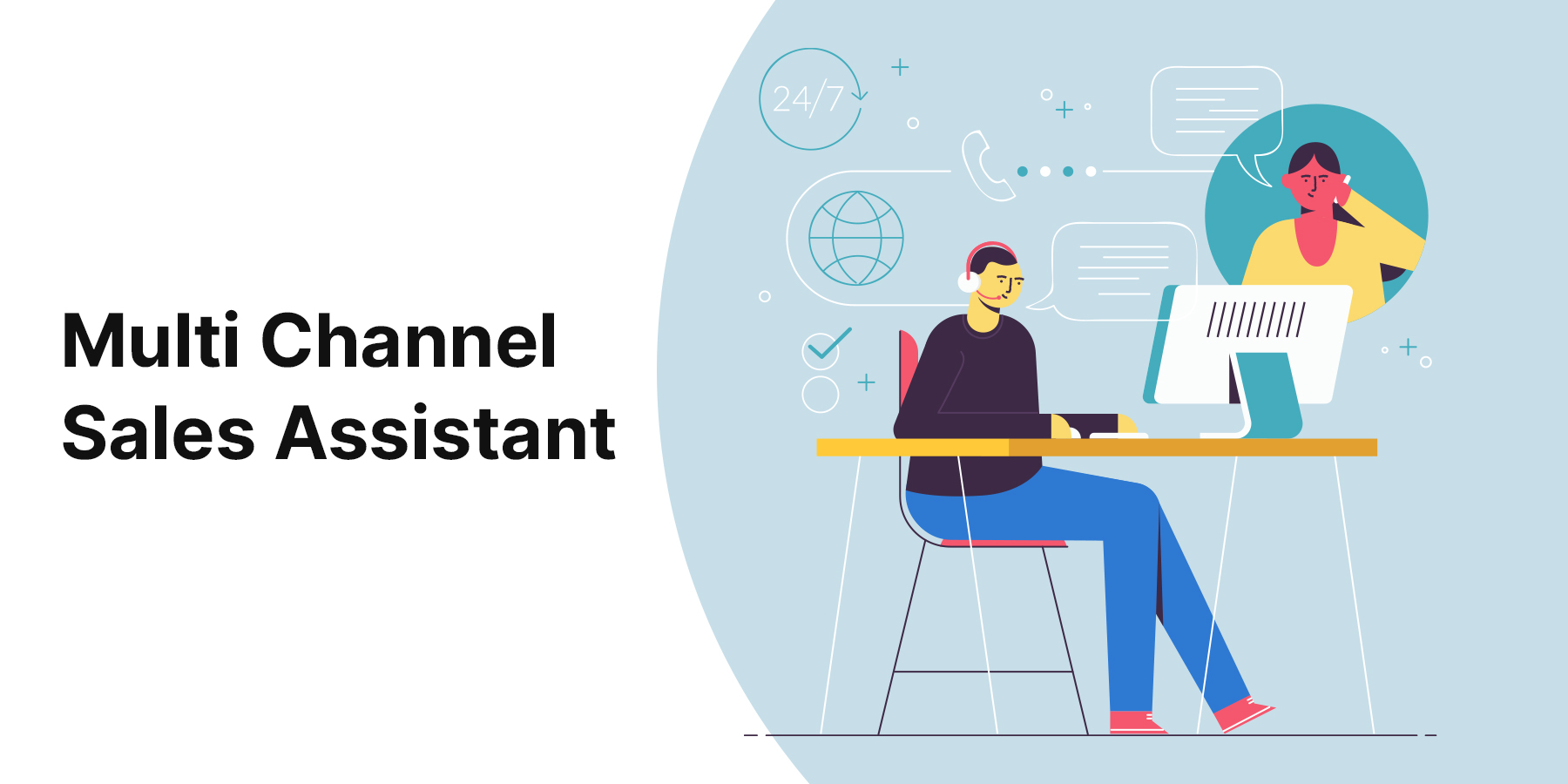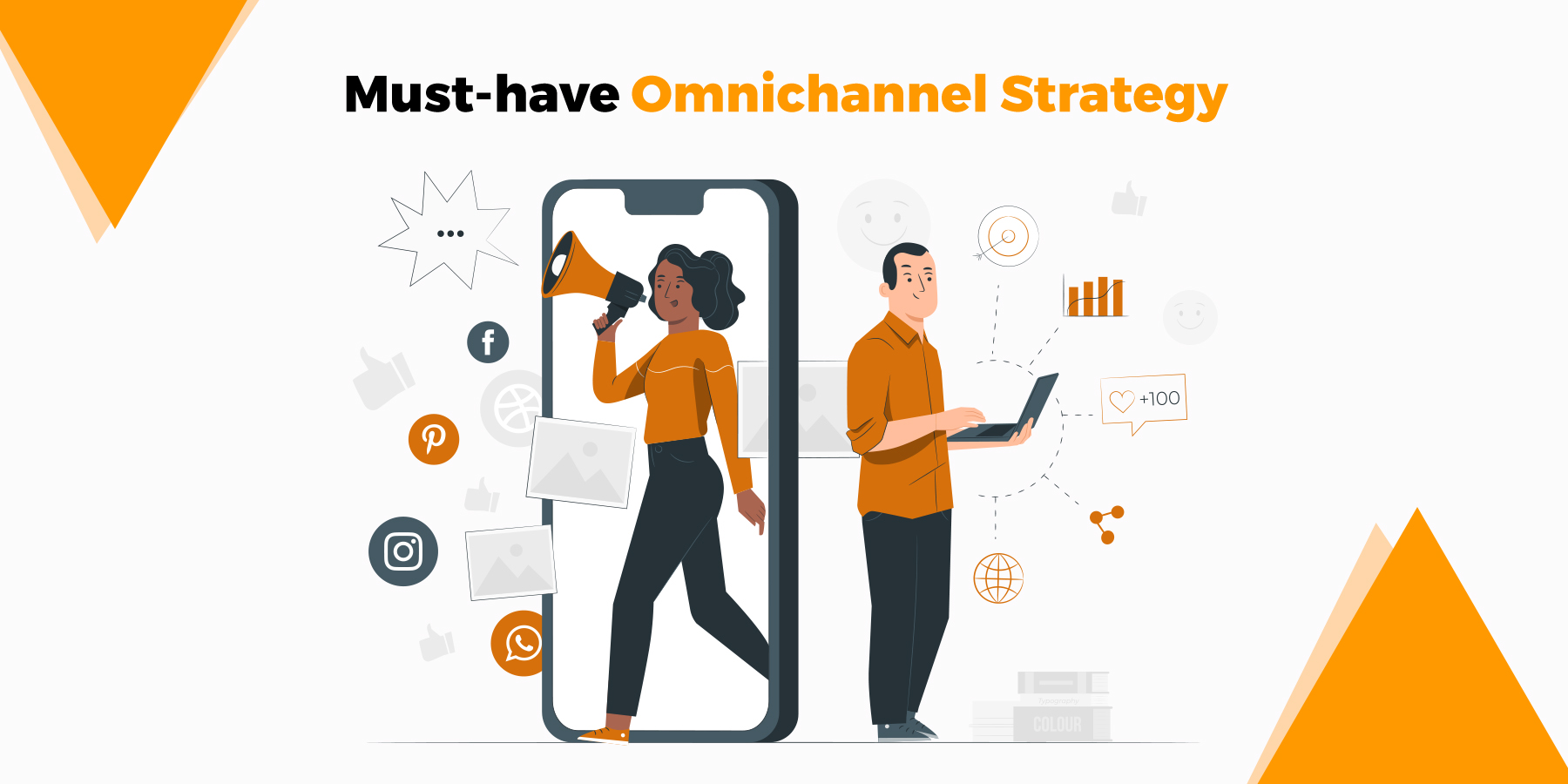Creating a successful marketing campaign with multi channel support is comparable to baking a cake. You must include all the necessary ingredients for the recipe to succeed. Here are some dos and don'ts for executing multi channel support campaigns that will keep your clients and their customers happy.
Do: Understand Your Audience
It may seem obvious, but knowing your target market and where to find them is critical to launching a successful multi channel support campaign. Is the campaign aimed at a specific age group, for example? Thorough market research and Planning are best practices for ensuring that your campaigns are targeted and relevant.
Do you recall Chili's cancer-fundraising campaign a few years ago? QR codes were included on printed marketing materials, prompting guests to donate money to St. Jude's Hospital online. They raised $5 million in donations and received hundreds of thousands of QR code scans.
Do: Conduct extensive testing and market research to understand your target audience better.
Don't: Launch campaigns that lack a clear target and focus.
Don't: Pass Up Your Opportunity
The significance of a good landing page is frequently underestimated. The most flashy multi channel support campaign will not provide value to your customers unless it includes a specific, defined call to action. Knowing what action you want your customers to take is essential when developing a multi channel support campaign.
Buick launched an impressive QR code campaign that directed customers to a video about their latest model. Unfortunately, the video was shouting in the dark - there was no call to action, no purchase link, and no clear path for the consumer to take next.
Do: Ensure that each campaign component has a clear purpose and outcome.
Don't: Include cross-channel media "just because" with no specific goal.
Do: Determine How You Will Assess Your Progress
As you may be aware, the results of a campaign must be used to plan the next stage. Because of the need to track statistics across multiple channels, the results of a multi channel support campaign can quickly become muddled. Knowing how you will collect and analyze results is an essential practice for any movement.
Red Robin combined gaining information about who visited them with an engaging QR code campaign. Customers were given a scannable flier with their bill that offered entry into a daily $1,000 prize draw in exchange for providing feedback. The result? Valuable insights were gathered in a straightforward and easy-to-understand manner that the brand could use to review its business strategy.
Do: Plan what data you will collect and how you will collect it across all channels.
Don't: Rely solely on conversion rates or Facebook likes; an overall picture requires all statistics.
Don't: Ignore Planning
It is best practice to examine each component of your multi channel support campaign and ensure that all resources are available to carry it out. Attention to detail is essential, whether training all staff on how to use the campaign's "voice" when tweeting or ensuring that every link works properly.
Don't let a lack of Planning turn your clients' reputation into a PR nightmare. When Timothy's Coffee decided to use social media to offer a free sample, demand far outstripped supply, resulting in many disgruntled customers.
Do: Go over all of the details of your plan and ensure that every aspect of your campaign functions appropriately.
Don't: Skimp on anything - a single blunder can reflect poorly on your client's brand.
Do: Keep an Eye on New Technology
Keeping up with the latest technology can improve your sales and visibility. Marketing is a fast-paced and ever-changing world, and as a print provider, you must keep up and find appropriate ways to integrate print with other technologies.
When Topps noticed a decline in baseball trading card sales, they embraced augmented reality technology to create 3D baseball cards. Customers were drawn to the cards, which rekindled their interest in Topps.
Do: Make staying up to date on emerging technology and assessing its utility for each client a part of your best practices.
Don't: Ignore new technologies in favor of rigidly adhering to old ones.
A multi channel support campaign requires dedication and forethought to plan, execute, and measure. Developing and adhering to your best practices will increase your and your client's chances of success. What is your best piece of advice for multi channel support success? Tell us in the comments section below!
5 Basic Customer Service Do's and Don'ts
1. Consider Your Customer
Respect is the foundation of any relationship, personal or professional. According to Dale Carnegie, one of the fundamental principles for building relationships is to make the other person feel important and do so sincerely. Making customers feel valuable and important is the goal of customer service. Any customer deserves your undivided attention and a polite, friendly demeanor. That is the simplest way to demonstrate your genuine concern and create a memorable experience.
2. Be Truthful
Nothing destroys trust more quickly than broken promises. So always keep your promises. Prices, additional fees, and extra charges should all be reasonable. Create explicit return and refund policies. Deliver on time, if possible. When you say, you will respond and follow up. Provide the services you advertise in your correspondence and marketing. According to the adage, honesty is the best policy. It certainly applies to good customer service.
3. Accept Responsibility
Professionalism in customer service entails accepting responsibility for any customer problems or negative experiences with your company, products, or services. This means that you, as a front-line company representative, are prepared to sincerely apologize to a customer on behalf of your company, even if the problem or situation that caused the customer's frustration was entirely beyond your control. Apologize and do your best to resolve the issue as quickly and smoothly as possible.
4. Always Put Yourself in The Customer's Shoes
Have you ever imagined yourself in the customer's shoes before responding to their request? It's most likely learned through experience. I'm referring to your own experience with unsatisfactory customer service. Could you recall how it feels to be frustrated or ignored when seeking help and support? Would you allow your customers to feel this way? Allow this unpleasant situation to teach you something: always consider how you appear to a customer.
5. Show Your Appreciation
Words of thanks will make your customers feel valued for their devotion to your brand. Saying "Thank You" to those who support your company will not take much effort, but it will demonstrate how grateful you are that they chose your product or service. It also indicates that you value the opportunity to be helpful and assist the customer.
The Distinction between Omnichannel and Multi Channel Support Marketing
In today's marketing landscape, new technology and the evolution of strategies bring a new wave of terminology that marketers must become acquainted with. Multi channel support and omnichannel for retail marketing are two new-age definitions that come to mind immediately. Even though both focus on using multi channel sales assistants to reach consumers and potential consumers, omnichannel retail services and multi channel support services are distinct and separate marketing strategies.
Interacting with potential customers across multiple platforms is called multi channel support marketing. A print ad, a website, a product package, a retail location, a promotional event, or word-of-mouth could all be used as platforms or channels.
The multi channel customer support provides an integrated shopping experience referred to as omnichannel. As a result, the customer can shop online from a desktop or mobile device, over the phone, or in a physical store, and the experience will be seamless and consistent.
Outsource Amazon Listing Services Today!
Multi channel support marketing can also help you attract new customers and increase sales. Amazon Listing Services offers credible retail support that increases your company's sales. Please contact us if you require any additional information or have any questions.




